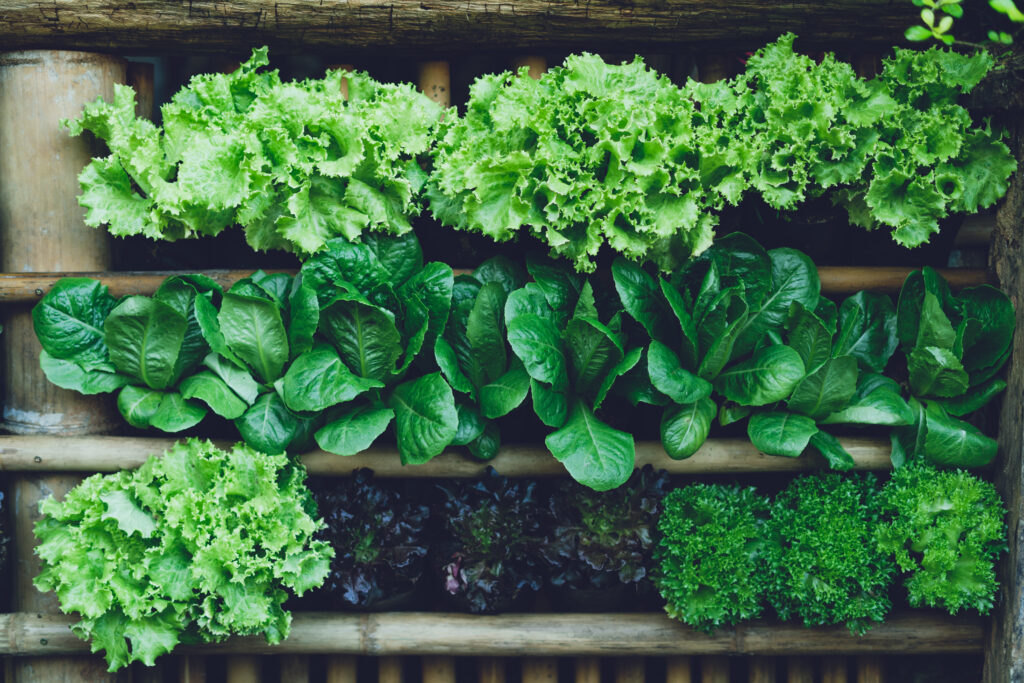
If you are managing kidney disease or trying to prevent its progression, eating healthily is vital for managing fluid levels, lowering blood pressure and relieving inflammation.
Kidney-friendly foods include fruits, vegetables and whole grains that are low in sodium and phosphorus while high in fiber content. Read on for a list of foods to avoid and foods to incorporate into your diet in order to protect your kidneys.
Canned Foods
Canned foods offer a quick, convenient, and economical way to add nutritious food options to your diet. Plus, their long shelf-life makes them easy to store and use.
Although canned foods offer convenience and ease of preparation, they may also have certain health risks. For instance, many contain excessive sodium or salt content which could increase blood pressure and harm the kidneys.
Therefore, whenever possible it is beneficial to opt for fresh foods over canned ones. Not only will this improve kidney health but will also help ward off other health conditions like heart disease and obesity - not forgetting making maintaining a healthy weight easier.
Processed Meats
When people think of processed meat, they typically envision deli meats and hot dogs; however, processed meat can also include bologna, salami and sausage.
Processed meats that contain salt or other chemical preservatives may be detrimental to your kidneys and increase the risk of high blood pressure or other health complications.
One study has demonstrated that red and processed meats increase your risk for chronic kidney disease (CKD), but eating less of both foods could bring your risk down by up to 30 per cent.
Dairy Products
As soon as kidney disease sets in, dairy should be limited as much as possible to protect its delicate ecosystem. Dairy contains high concentrations of phosphorus, potassium and protein which could pose risks to kidney health.
Rice milk and almond milk have lower concentrations of key vitamins than dairy, providing an alternative for those on a renal diet.
Low-phosphorus meats like clams, oysters and tuna may also make for good options as they contain less phosphorus than chicken and turkey and have reduced sodium content.
Red Bell Peppers
Red bell peppers are an excellent source of vitamins, minerals and fiber, not to mention antioxidants such as Vitamin C and Lycopene.
These nutrients have long been recognized for their anticancer and other therapeutic benefits. Furthermore, their anti-inflammatory properties have proven their worth against joint disease and arthritis risk.
If you're following a renal diet, it is wise to choose fresh or frozen vegetables such as carrots, celery and green beans as your main sources of food. Avoid foods high in salt such as fried chicken and french fries which should be replaced by foods like these instead.
Berries
Berries make for an irresistibly delicious and healthful snack that you can enjoy any time of the day, packed with antioxidants that combat free radicals and help lower disease risk.
They're also an excellent source of fiber, helping to regulate both appetite and digestion - meaning you'll stay full for longer without overeating fatty, high-calorie food items!
Berry benefits include relieving inflammation in the body and improving cardiovascular health, in addition to being high in ellagic acid which has anti-cancer properties.
Garlic
Your kidneys play a pivotal role in filtering waste out of the blood. When they don't, those wastes accumulate and can damage your body over time.
Garlic is an excellent food to help support kidney health, packed full of allicin, which contains sulfur compounds essential to their proper function.
This compound is an effective anti-inflammatory, and has proven especially useful to CKD patients as it signals their kidneys to flush away excess toxins through urination.
Allicin can also reduce LDL cholesterol, lower blood pressure and decrease risk of heart disease, while helping prevent blood clots that could potentially lead to heart attacks.





